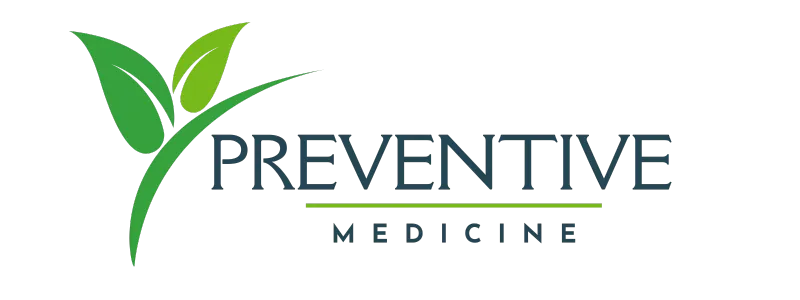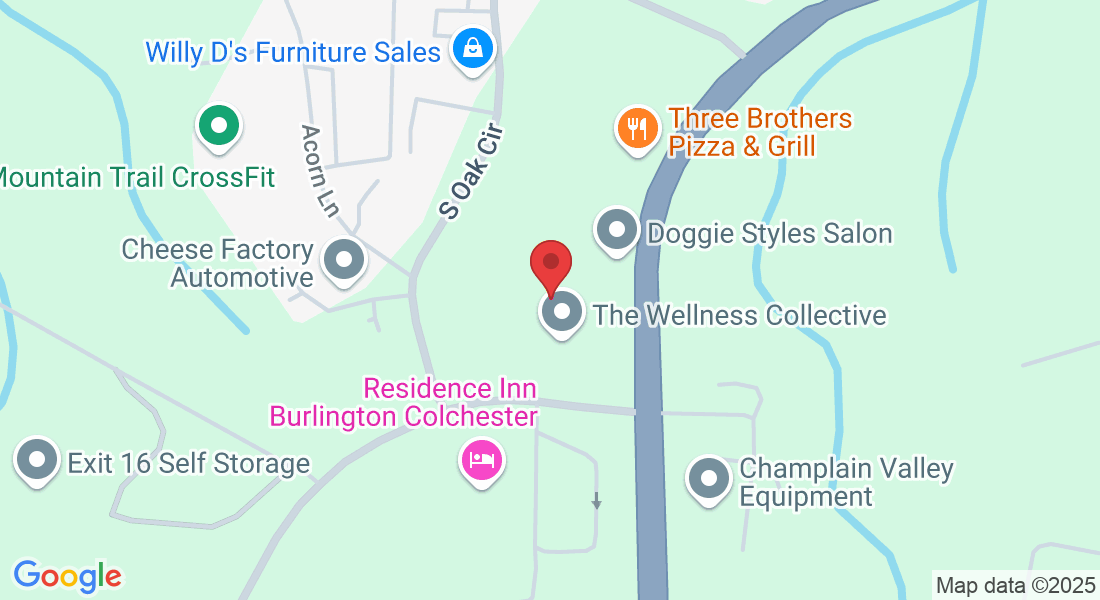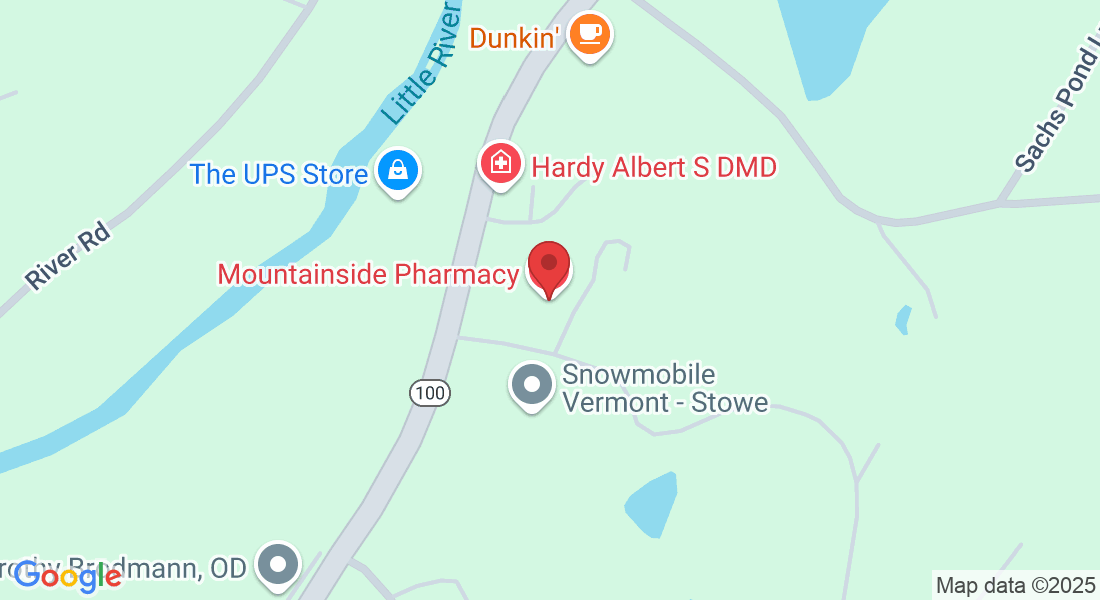You've Found Our New Website!
We've streamlined and simplified the Preventive Medicine website to make it easier
for you to find the integrative primary care that you need.
In the process, we've let some non-essential web pages go,
and that's why you've landed here.
Please use the menu items at the top of this page to help you
find what you're looking for or use the button below to send us a message.
THANK YOU!
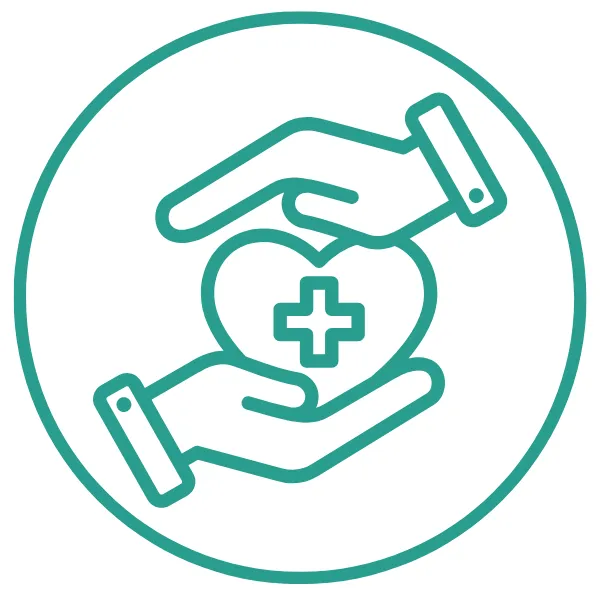
Primary Care Reimagined
A relationship-driven approach to personalized treatment, long-term wellness, and proactive prevention.
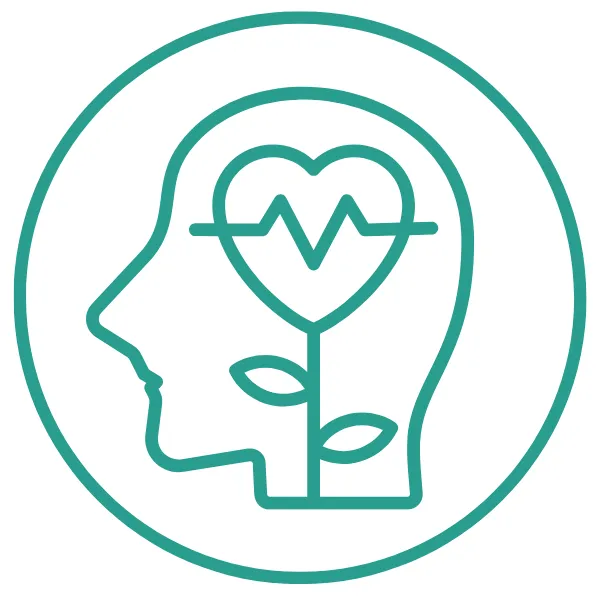
Whole Body
Healing
Integrated root-cause support for physical health, mental well-being, and everything in between.
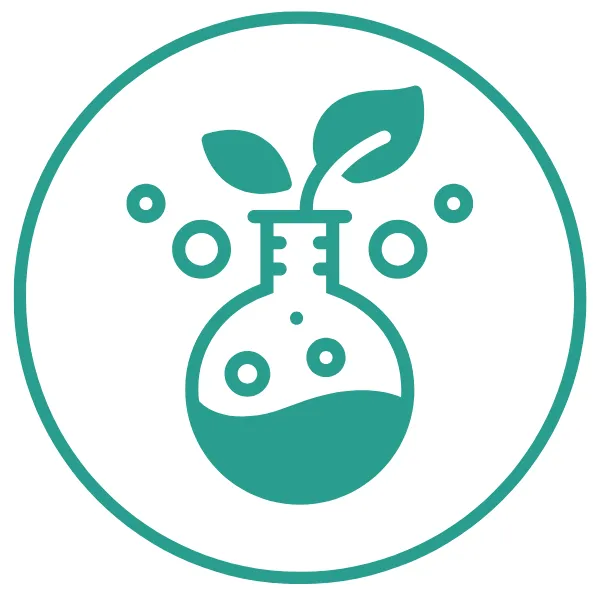
Evidence-Based
Treatments
A blend of modern medicine, functional therapies, and innovative solutions for real results.
We Have Two Locations
Appointments
Clinic Hours
Mon - Friday
9:00am - 4:00pm
Phone Number:
(802) 879-6544
Fax Number:
(802) 879-0022
Stowe Clinic
Address
45 Old Farm Road
Stowe, VT 05672
(inside Mountainside Pharmacy)
Email: [email protected]
Appointments
Clinic Hours
Tues & Thurs
9:00am - 3:00pm
Phone Number:
(802) 879-6544
Fax Number:
(802) 879-0022
